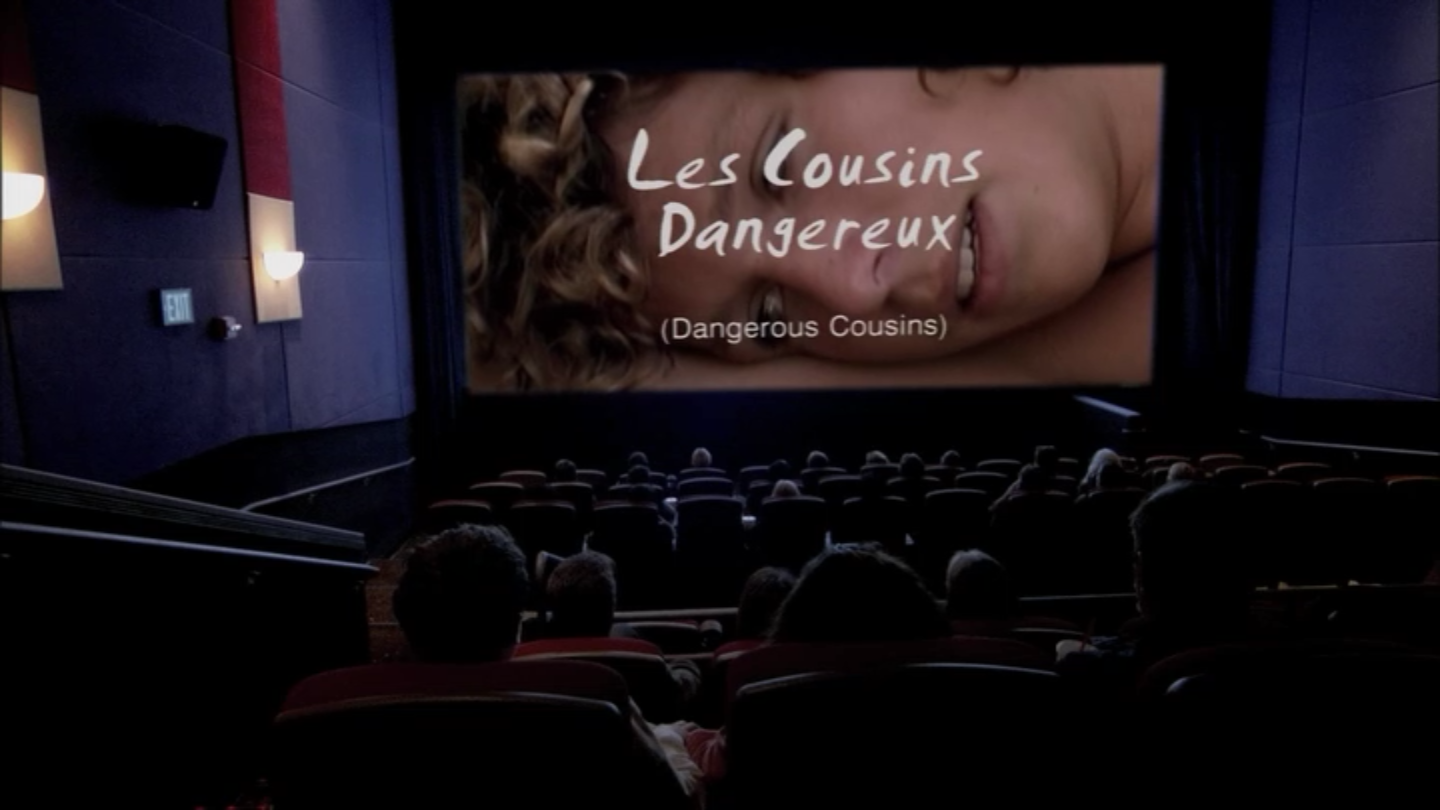Hi, we’re alive and fine. My privilege is as evident as ever, as my daily routine of isolation with Kat resembles what Maria called “an extended snow day,” mostly but not entirely without snow. I hurt for the sick and grieving; I worry for the essential and vulnerable; I watch Bon Appetit and experiment with vegan baking; I do my internet job and I watch out my window and wait. Here are some things that have held my interest in the last little while.
- As mentioned in asides, I read too much about menswear online and off these days. My favorite habit is to bargain-hunt for clothes from Japan on eBay, prance around the living room in them to aggravate Kat, and then secret them away so I can buy more. But the emergent result is that I’ve learned a lot about things I might have disdained ten years ago. I don’t have any special interest in James Bond, for instance, but Matt Spaiser’s blog about the tailoring of the films has taught me a ton about men’s fashion in the last sixty years. His post on how Cary Grant’s suit in North by Northwest (1959) went on to influence Bond’s costuming is a great example of the dry clarity of his writing.
- It seems like I’ve never written about Porpentine Charity Heartscape here before, which is strange, as her work has loomed large in my view and admiration for… seven years? Eight? Her work in writing and game design blends the sweet, the filthy, the transgender and transhuman, the pure and the skin-crawlingly cute in a way I find singular in every sense. If that sentence doesn’t hint at some content warnings, then I hope this one does. But that boundary is very much worth braving if you are so emotionally equipped. Her recent story “Dirty Wi-Fi” on Strange Horizons is a good introduction to her prose and perspective.
-
Despite my limited dabbling in microelectronics, I can’t follow many of the technical specifics in this review of process and call for aid on a final, perfect Super Nintendo emulator. But the SNES was a system that still informs my design and aesthetic sensibilities, twenty-seven years later, and I respect the author’s work very much. The most striking quote to me:
“I can tell you why this is important to me: it’s my life’s work, and I don’t want to have to say I came this close to finishing without getting the last piece of it right. I’m getting older, and I won’t be around forever. I want this final piece solved.”
What an extraordinary thing it seems, to me, to know what your life’s work is. I hope one day I do.


